Checking-in for the holidays
A short conversation over the phone, a quick text message or even finding a small daily habit such as journaling can make a big difference.
Read MoreMental health resources are available to farmers at farmstateofmind.org and the 988 national suicide and crisis hotline.
Ross County farmer Brice Acton wasn’t home when he got the call about a field fire next door to his farm at the height of the drought in early September.
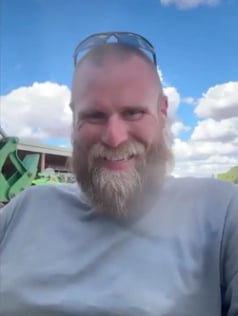 Acton, who raises corn, soybeans and wheat with his father and family in Frankfort, Ohio, raced home to meet his dad and others who had come to take in the scope of the emergency and help as they could. When the tractor his dad was driving had a mechanical malfunction, Acton took other action.
Acton, who raises corn, soybeans and wheat with his father and family in Frankfort, Ohio, raced home to meet his dad and others who had come to take in the scope of the emergency and help as they could. When the tractor his dad was driving had a mechanical malfunction, Acton took other action.
“I climbed the neighbor’s (grain) leg and stood 100 feet in the air on the phone with my dad and was like, ‘Hey, here’s where the fire is. You need to go this direction or you need to go that direction,’” Acton said.
From his elevated view, Acton could direct the tractors below and tell them where they need to lay down corn as “firebreaks” so the responding fire departments could have a fighting chance to access the inferno, which they eventually were able to do.
The dry factors that led to his neighbor’s field fire were wreaking havoc all across Ohio this summer as the most intense drought since 1988 spread across the state, hitting Acton’s area hard. Dozens of counties in Ohio were given natural disaster designations, making the farms within them as well as contiguous counties eligible to apply for help through their local Farm Service Agency.
In any season farming is synonymous with risk, but this past year has been particularly challenging for Ohio farmers. Crop prices were already down when a historic drought made it certain that yields would be, too. Livestock farmers started dipping into their winter feed in August and those fires – from combines to fields to dairies – started sweeping the state. Add to that the inability at a federal level to agree on a new farm bill, and farmers have much on their minds and in their hearts, causing copious amounts of stress.
Acton has noticed the look on his peers’ faces, and he is concerned about their mental health.
“They just have a noticeable look, a different look about them. The cheerfulness is gone,” he said. “I’m not going to say they are depressed, but they have a depressed nature about them. It is a very real thing. I’ve personally struggled with it in the past. I want people to know I’m not ashamed to admit that I’ve struggled with it.”
Providing resources and breaking a stigma regarding farmer mental health has been a Farm Bureau priority issue for years. Acton not only talks about his struggles with friends and family, he often writes a “Thoughts From the Cab” post on his farm’s Facebook page sharing the moments when he’s “alone with his thoughts” out in the field.
“As farmers we’re so used to being the guys fixing things. We’re fixers. We’re for repairs. We don’t want to ever view ourselves as those being fixed or repaired,” Acton said. “And I think sometimes it’s just like a piece of equipment. You’re going to have to do some preventive maintenance…making sure (our mind is) sharpened and where it needs to be.”
Mental health resources are available to farmers at farmstateofmind.org and the 988 national suicide and crisis hotline. They also may be available from a friend or a neighbor who just needs to talk – or who you need to talk to.
“We can talk about the external injuries, but it’s those internal ones that you still want to boil on for some godforsaken reason,” Acton said. “The best thing I could have ever done was just opening up about it. Just to work through it and talk about it. That stigma, I guess, it needs to go away.”
Besides row crops, Acton and his wife, Pipe, also raise sheep and they established a flower farm, which they hand-planted this year.
That flower farm helps give Acton some perspective on life.
“I’m man enough to admit that I never thought I’d enjoy it the way I do,” he said. “There’s something nice (when) you go out and start the day at 6-6:30 walking the flower beds with your wife and look at all the beauty that exists. Even through the drought, you get to see all of that.”
To hear more of Brice Acton’s story and how the drought impacted Ohio farmers, listen to the Ohio Farm Bureau Podcast Special: 2024 Ohio Drought. Acton’s story begins at the 21-minute mark.
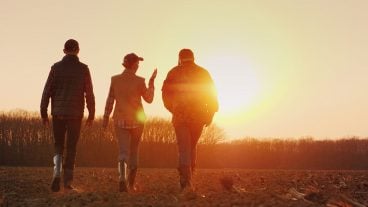
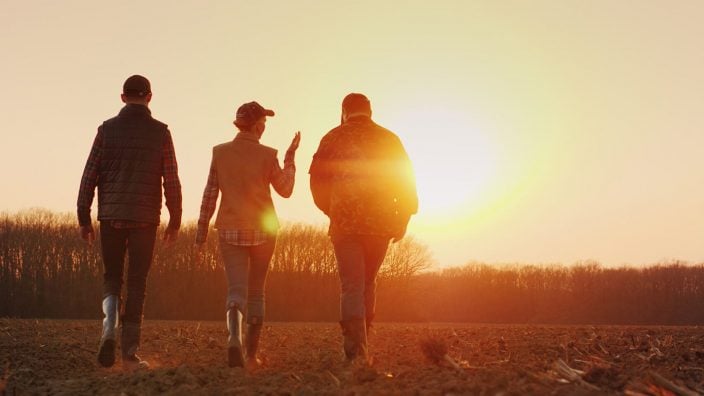
A short conversation over the phone, a quick text message or even finding a small daily habit such as journaling can make a big difference.
Read More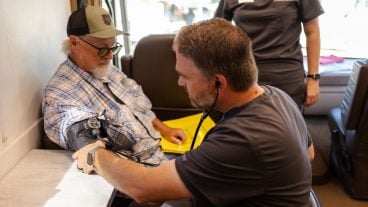
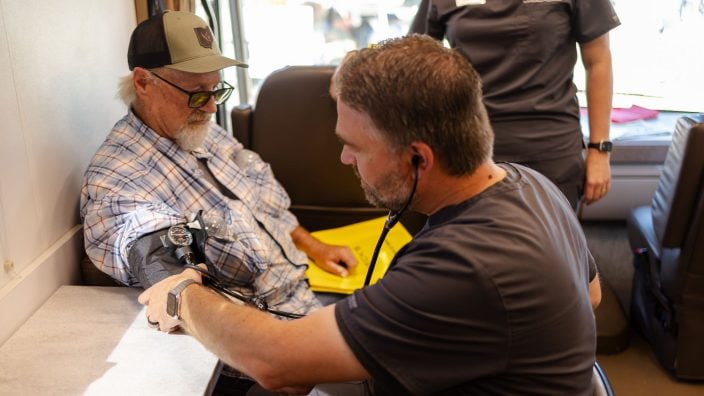
Farmers’ physical and mental health are often compromised by lack of health coverage. Farm Bureau seeks to establish Farm Bureau Health Plans.
Read More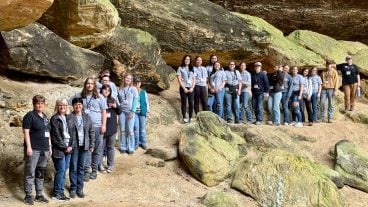
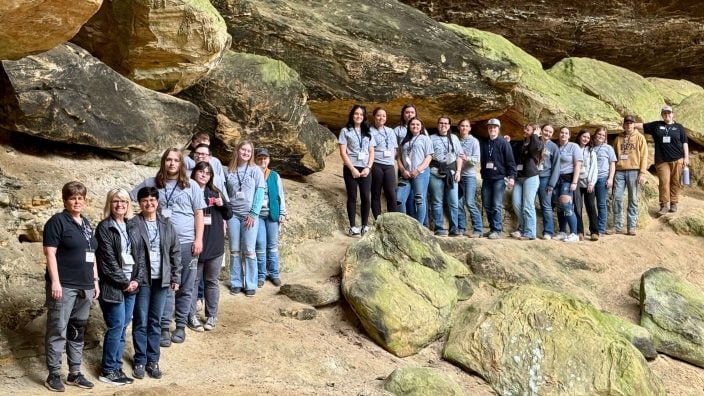
The event focused on the nine dimensions of mental health.
Read More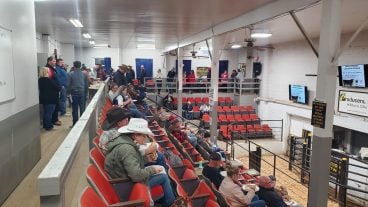
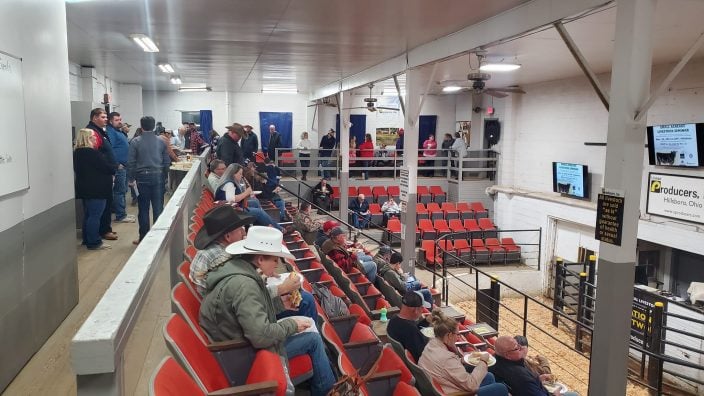
More seminars are currently in the planning stages, including programs on grass-fed livestock, pasture management, and calving.
Read More

Overcoming this stigma falls upon the shoulders of family, friends, loved ones and the broader community—and it begins with open and honest communication.
Read More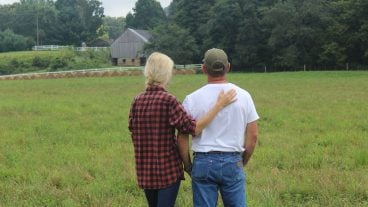
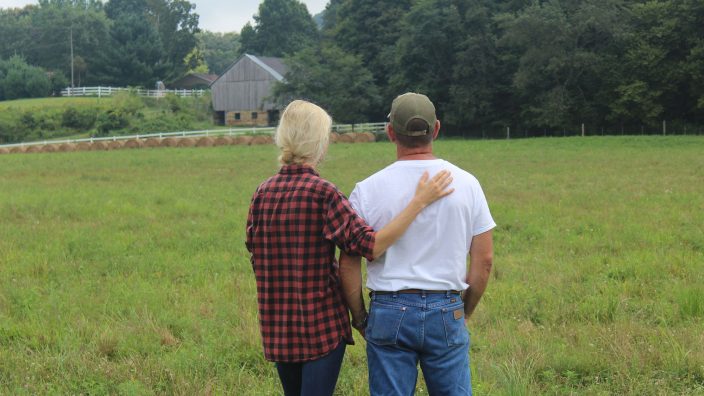
What are the common stressors in Ohio agriculture and how is mental health perceived in rural Ohio? Plus, get details about the upcoming Buckeye Shepherd’s Symposium.
Read More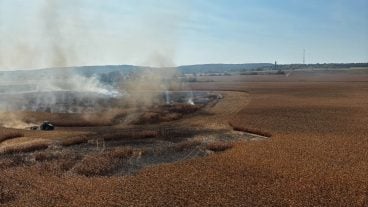
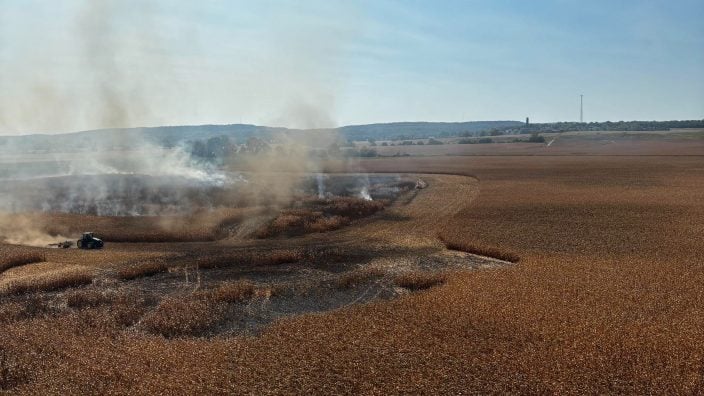
Mental health resources are available to farmers at farmstateofmind.org and the 988 national suicide and crisis hotline.
Read More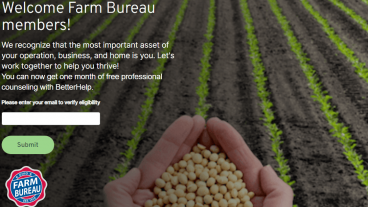
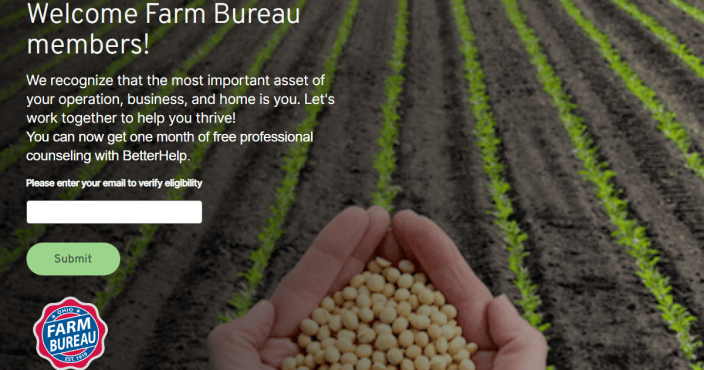
Farm Bureau realizes that it’s been a rough couple of years between overreaching regulations, severe weather during planting/harvesting season, and…
Read More
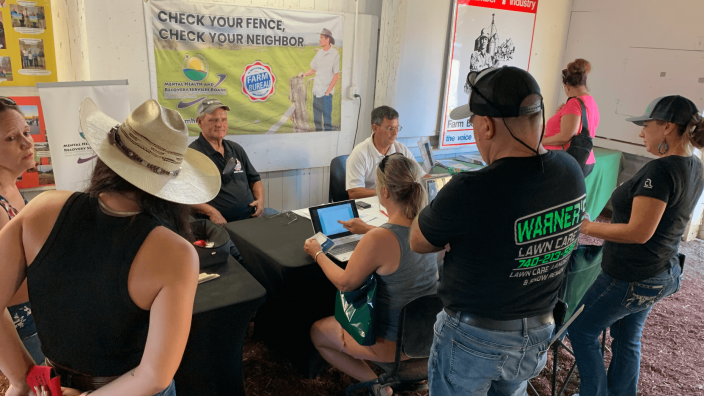
See the list of survey winners as well as photos from the fair and the Skillathon.
Read More

Learn about a confidential mental wellness survey you can take to help your community and others like it, and find out about the 988 Lifeline and how it is being put to use across Ohio.
Read More